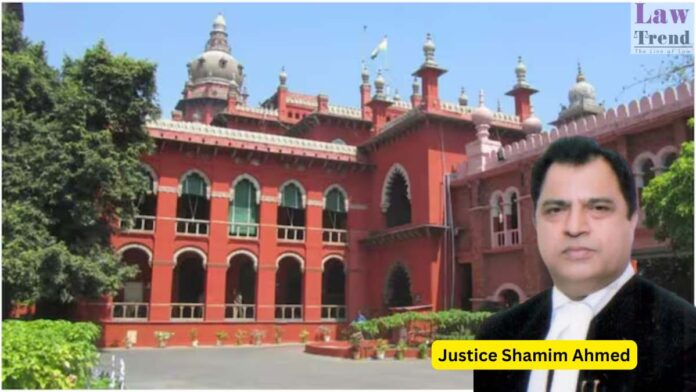The Madurai Bench of the Madras High Court has upheld a trial court’s decision to reject a plea for a DNA test to determine paternity in a maintenance case, citing a lack of a strong prima facie case, an inordinate delay of nearly two decades, and the conclusive presumption of legitimacy under Section 116 of
To Read More Please Subscribe to VIP Membership for Unlimited Access to All the Articles, Download Available Copies of Judgments/Order, Acess to Central/State Bare Acts, Advertisement Free Content, Access to More than 4000 Legal Drafts( Readymade Editable Formats of Suits, Petitions, Writs, Legal Notices, Divorce Petitions, 138 Notices, Bail Applications etc.) in Hindi and English.




